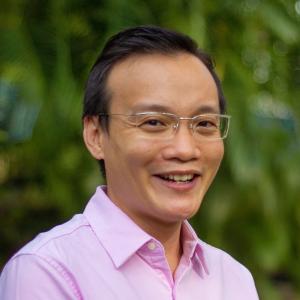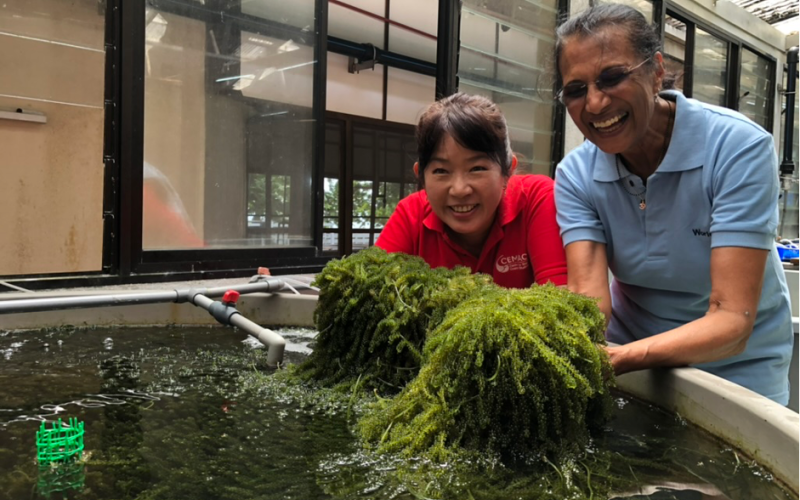
- WorldFish visited a host of Malaysian universities to explore areas of collaboration, particularly on aquatic plants and aquatic food systems
- WorldFish is keen to renew the Memorandum of Understanding (MoUs) that were signed with the Malaysian universities in the 2000s or forge new partnerships with Malaysian universities that have no prior MoUs in place to facilitate cooperation between WorldFish and the respective universities for healthier people and planet.
WorldFish has had strong partnerships with the universities in Malaysia since moving its headquarters to Penang, a state located in the northern region of Peninsular Malaysia, at the turn of the millennium.
Located just 10 kilometers from WorldFish is Universiti Sains Malaysia (USM), one of Malaysia’s top research universities. USM is the nation’s only university to be chosen for the Accelerated Program for Excellence (APEX), a fast-track development program to enable institutions of higher education to be recognized as world-class entities.
A delegation led by Eddie Allison, WorldFish’s interim director of science and research recently visited the Centre for Marine and Coastal Studies (CEMACS), one of USM’s many schools and centers.
Located within the Penang National Park and the newly designated Penang Hill Biosphere Reserve, CEMACS undertakes research and postgraduate training in marine science and coastal ecosystems.
One of CEMACS' current research revolves around macroalgae or seaweeds, particularly Caulerpa. It is an edible green seaweed that is also commonly known as sea grapes due to the formation of small air bubbles surrounding its stems.
Unlocking the transformative powers of aquatic foods
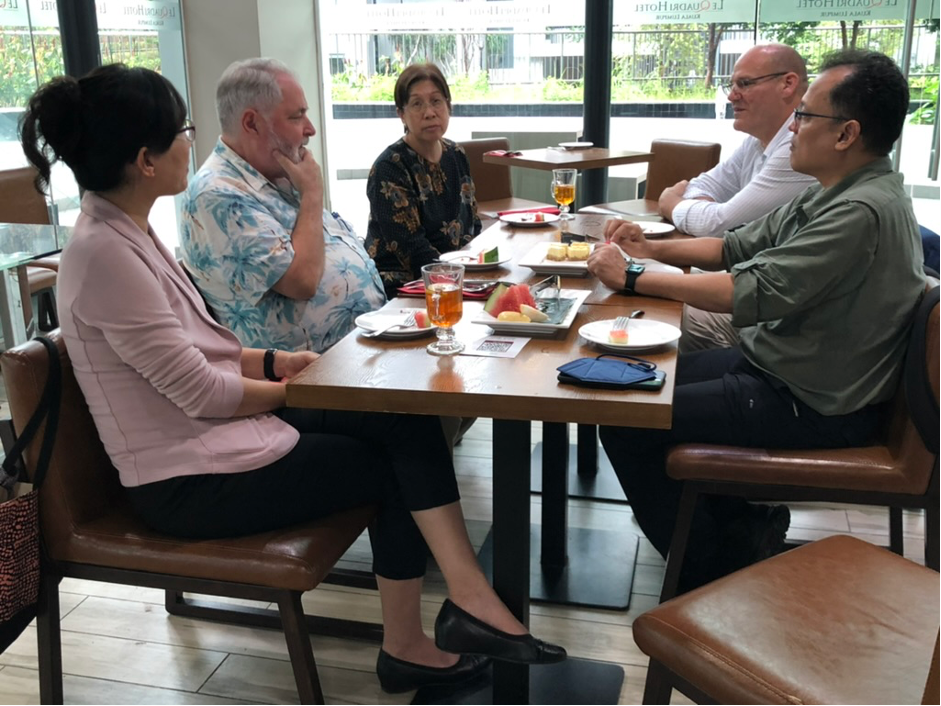
Seaweed is a good source of protein, micronutrients and essential fatty acids. Cheap to grow, easy to harvest and requires few external inputs, seaweed can provide an affordable and available solution to the food and nutrition insecurity of low- and medium-income countries.
It also offers sustainable, equitable and resilient livelihoods for those most vulnerable to the effects of climate change and acts as a major carbon sink by sequestering large amounts of carbon dioxide.
Allison and John Benzie, WorldFish’s research program leader for sustainable aquaculture also visited researchers from Universiti Malaya – Malaysia’s oldest and most renowned university – to explore potential collaborations on other aquatic plants such as seagrass.
For many aquatic organisms, seagrass serves as an important source of food, shelter and nursery ground. In a seagrass meadow, the thick layers of leaves impede water flow and offer a safe habitat for juvenile fish, small fish species and invertebrates. Fish stocks that provide food and a means of subsistence for vulnerable communities can be replenished through the restoration of seagrass environments.
Joining forces to transform aquatic food systems
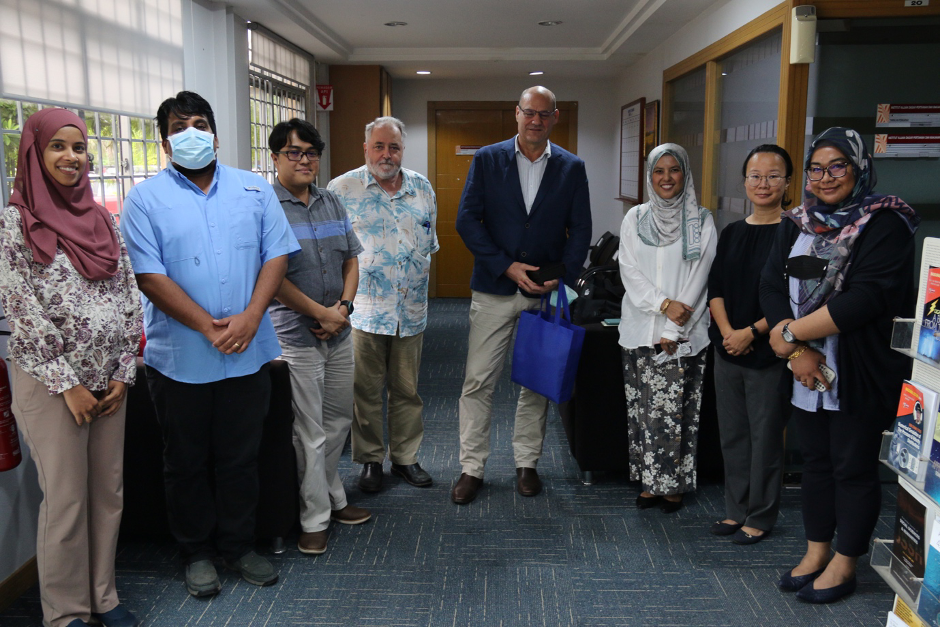
A sustainable food systems transformation will not be possible without due attention and investment in aquatic food systems alongside crops and livestock. Allison and Benzie paid a visit to the International Institute of Aquaculture and Aquatic Sciences (I-AQUAS) at Universiti Putra Malaysia (UPM), the nation’s foremost agricultural research university, to explore opportunities to bring holistic improvements to our current food systems that are healthier for people and planet.
Located about 100 kilometers south of Kuala Lumpur along the beaches of Port Dickson in Negeri Sembilan, I-AQUAS serves as a research platform for various disciplines related to aquaculture and aquatic sciences. I-AQUAS has two laboratories – the Laboratory of Sustainable Aquaculture (AquaLab) and the Laboratory of Aquatic Ecosystem and Management (EcosystemLab).
To meet the nutritional needs of the world’s growing population while remaining within the limits of the planet, we must transform existing food systems to provide healthier and more sustainable diets. By doing this, we will ensure that everyone has access to the necessities of life without going beyond what is known as the planetary boundaries, which protect the earth's life-supporting system.
Affirming commitments through Memorandum of Understandings
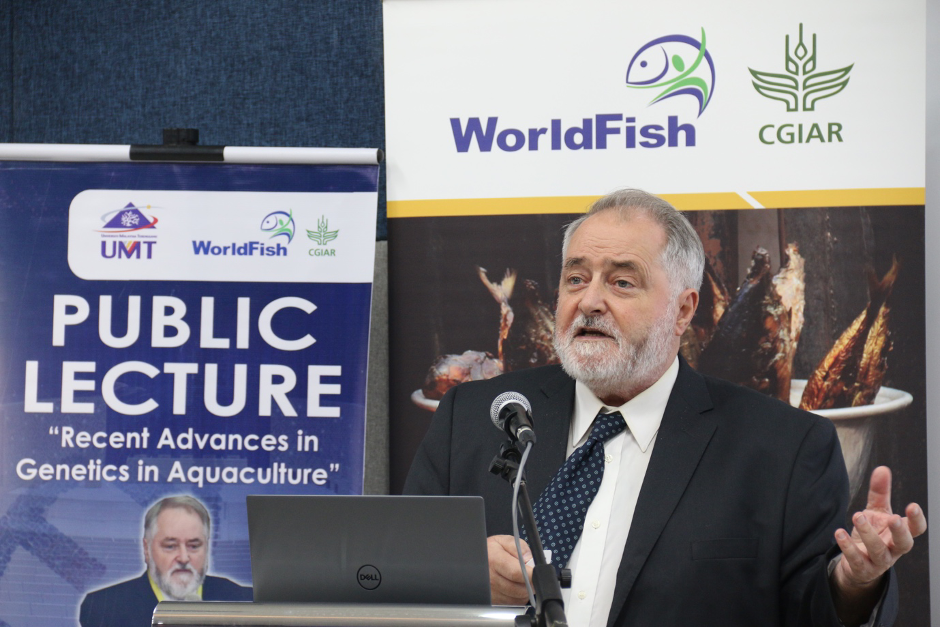
WorldFish is keen to renew the Memorandum of Understanding (MoUs) that were signed with the Malaysian universities in the 2000s or forge new partnerships with Malaysian universities that have no prior MoUs in place to facilitate cooperation between WorldFish and the respective universities for mutual benefit.
A new MoU was recently signed with Universiti Malaysia Terengganu (UMT), spearheaded by its Institute of Marine Biotechnology (IMB). The MoU signing was a culmination of discussions that transpired prior to the COVID-19 pandemic. With the MoU in place, WorldFish looks forward to embarking on new research collaborations in aquatic foods with UMT delivering a triple win for nature, climate and people.
The MoU signing was followed by a public lecture on the recent advances in genetics in aquaculture by Benzie. In 2017, Benzie was invited to deliver a lecture on genetics and breeding, which was identified as the precursor for the cooperation between WorldFish and UMT.
